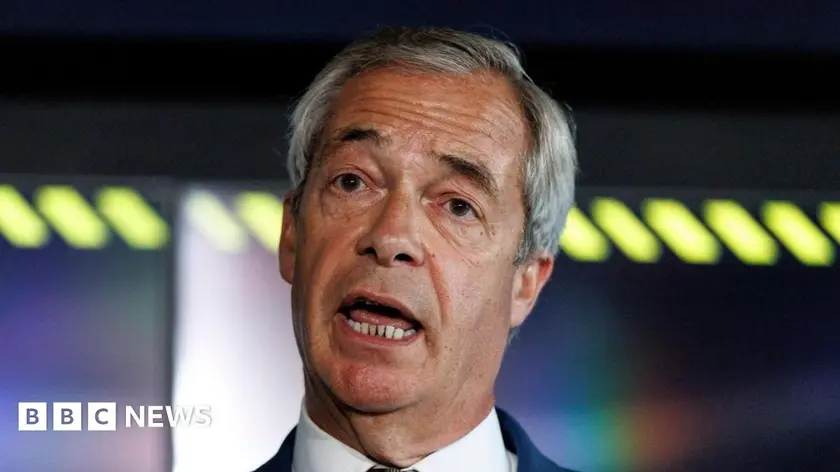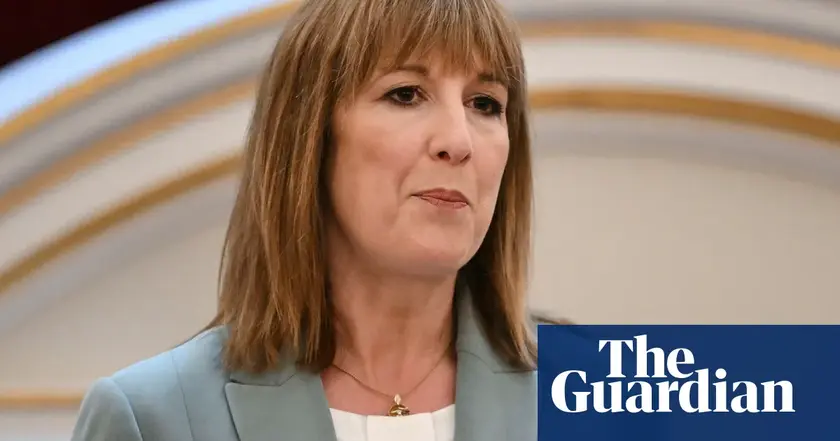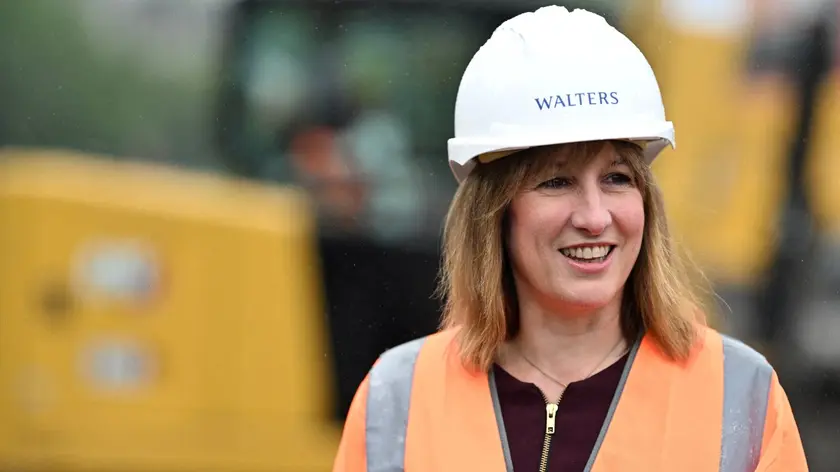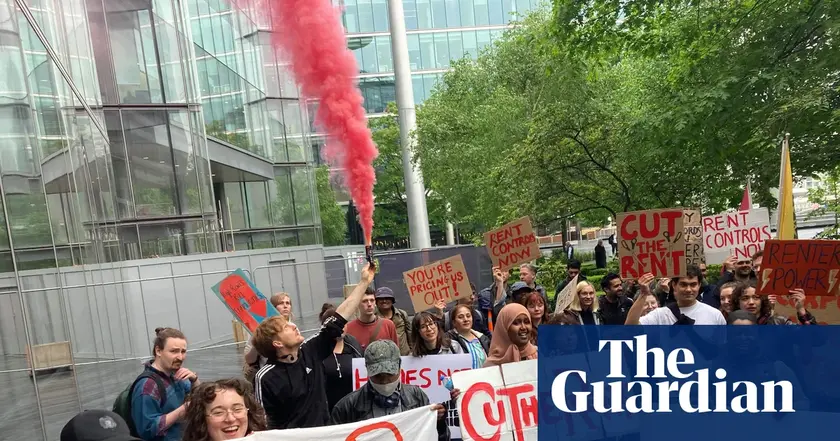T4K3.news
Farage pushes Reform peers into the House of Lords
Nigel Farage calls for Reform UK life peers in the Lords; defence secretary criticizes the move.

Nigel Farage asks Keir Starmer to allow Reform UK life peers in the Lords, drawing sharp rebuttal from a defence secretary.
Farage pushes Reform peers into the House of Lords
Nigel Farage has written to Labour leader Keir Starmer asking that Reform UK be allowed to nominate life peers to the House of Lords. He argues there is a democratic disparity because smaller parties have peers while Reform UK does not, despite winning a large share of votes in the last general election. He says Reform UK should be represented in the upper chamber as soon as possible.
Defence Secretary John Healey rejected the idea on LBC, saying parliament would not benefit from more Putin apologists. He noted that peer appointments are usually at the prime minister’s discretion and that Starmer’s Labour government has not committed to a quick path to reform. The piece also points out that Labour has flirted with broader reform ideas, while reform proposals include replacing the Lords with an elected second chamber.
Key Takeaways
"I'm not sure that parliament's going to benefit from more Putin apologists like Nigel Farage, to be honest."
Healey's criticism on LBC
"Reform UK wishes to appoint life peers to the upper house at the earliest possible opportunity."
Farage's letter
"Sir Keir could respond by going for a fully elected upper house"
Natalie Bennett's perspective
"None of this holds water any longer, given the seismic shifts that have taken place in British politics."
Farage's claim
The move spots a fault line in post-Brexit British politics. It shows how party strategy can hinge on the symbolism of the Lords as much as on policy. Reform UK wants a seat at the table to push its brand of constitutional reform, while Labour weighs its own promises of change against the reality of parliamentary consent. The clash also raises questions about where legitimacy in the upper house should come from: votes, votes plus mandates, or inherited prestige.
Beyond the personalities, the episode underscores a wider debate about the purpose of the Lords. Labour has signalled a willingness to reform, yet the party has avoided a concrete commitment to a fully elected chamber. Farage’s bid highlights how quickly constitutional questions move from theory to political theater, and how messy reform battles can become when they touch electoral credibility and coalition dynamics.
Highlights
- Democracy must reflect voters not the old guard
- A seat in the Lords should follow a mandate not a letter
- Change is a test of political nerve not a ceremonial gesture
- This row shows how reform promises meet the reality of power
Political risk around Lords reform
The push to appoint Reform UK peers and the broader Lords reform debate carry political risk for Labour and Reform UK. Critics may see it as a partisan maneuver that could provoke backlash and complicate policy goals.
The Lords reform debate continues to unfold as parties test how far constitutional change will ride on election momentum.
Enjoyed this? Let your friends know!
Related News

Reform push on Lords peers

Reynolds defends Palestinian state recognition

Ian Duncan apologizes for breaching House of Lords rules

UK minister calls for potential cryptocurrency donation ban

Rachel Reeves warned on banking regulation changes

Reeves moves to curb habitat protections to speed projects

Trump vows 1500 percent drug price cuts amid questions on feasibility

Rent income by Labour ministers dents credibility on housing reforms
